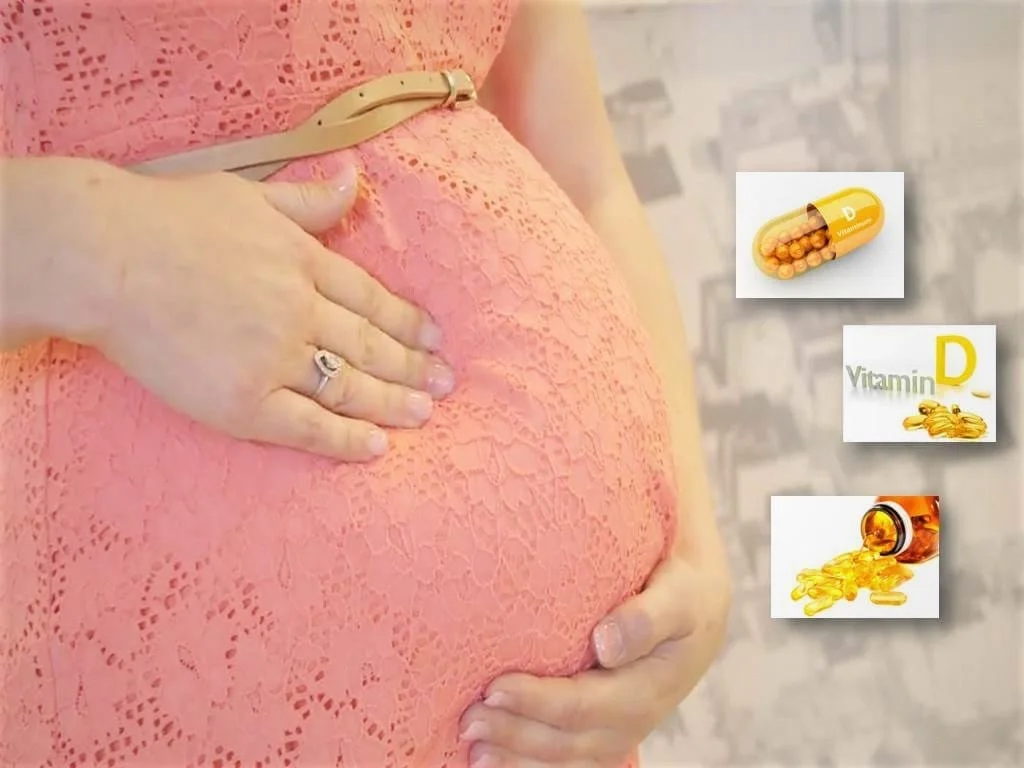A new study led by the University of Southampton and University Hospital Southampton has shown that children whose mothers took vitamin D supplements during pregnancy have stronger bones by age seven. Published in The American Journal of Clinical Nutrition, the research found that these children had greater bone mineral density making their bones less likely to break due to higher levels of calcium and other essential minerals.
“This early intervention represents an important public health strategy, as it strengthens children’s bones and reduces future risk of conditions like osteoporosis and fractures,” she explained.
Long-Lasting Benefits of Vitamin D:
Dr. Rebecca Moon, Clinical Lecturer in Child Health at the University of Southampton, led the study, emphasizing that vitamin D supplementation during pregnancy can have long-lasting benefits.
About the MAVIDOS Study:
The MAVIDOS trial initiated in 2009, involved more than 1,000 pregnant women from Southampton, Oxford and Sheffield. Participants were divided into two groups, one group received a daily dose of 1,000 IU of vitamin D while the other received a placebo. Neither the participants nor their healthcare providers knew which group they were in ensuring the study’s reliability.
At age four, children whose mothers had taken vitamin D supplements showed increased bone mass compared to those whose mothers had not. This latest follow-up study which tracked 454 children from the original trial confirmed that these benefits extended into ages six and seven reinforcing the positive impact of prenatal vitamin D on bone health.
Broader Health Implications:
Vitamin D plays a crucial role in regulating calcium and phosphate levels which are essential for the health of bones, teeth and muscles. The study is part of the University’s larger research efforts within the MRC Life course Epidemiology Centre and the NIHR Southampton Biomedical Research Centre. Earlier findings from the MAVIDOS trial also revealed that vitamin D supplementation during pregnancy could reduce the likelihood of atopic eczema in infants and increase the chance of natural delivery.
Ongoing Research and Future Impact:
Professor Nicholas Harvey, Director of the MRC Life course Epidemiology Centre expressed gratitude to the participants stating that their involvement has advanced understanding of vitamin D’s benefits. This study underscores the importance of prenatal vitamin D supplementation as part of routine care for pregnant women to support their children’s long-term health.




